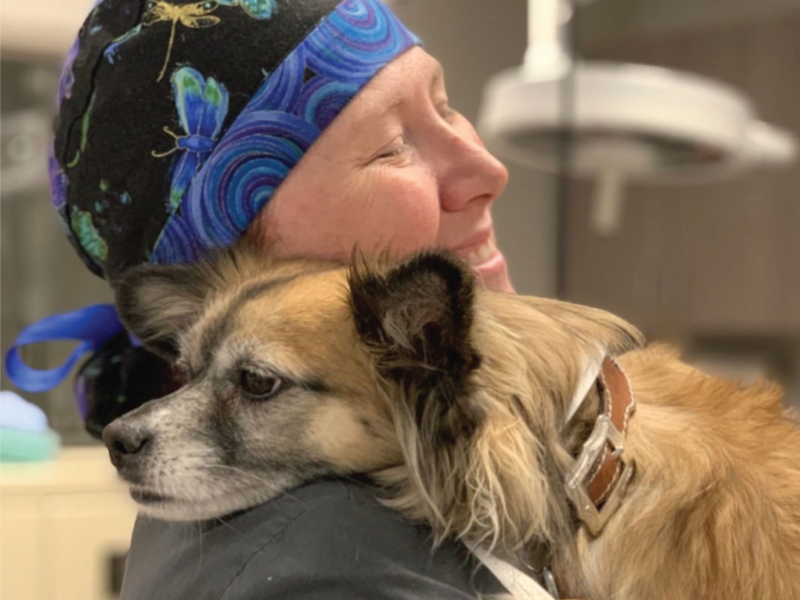Our Programs and Priorities
Intestinal dysbiosis is an alteration in the composition and/or richness of the normal gastrointestinal (GI) bacteria populations (i.e., microbiota). It has been suggested that intestinal dysbiosis may play a role in various non-GI diseases, such as cancer, immune-mediated conditions, and diseases that affect organ health. An understanding of the effect of intestinal dysbiosis on the progression of various diseases is currently lacking in both human and veterinary medicine. We hope to gain a better understanding of the possible influence of intestinal dysbiosis on a variety of non-GI diseases in veterinary patients.
This program will first determine if dysbiosis is associated with distant diseases, and then use this as a starting point to:
- Develop new blood-based tests for dysbiosis diagnosis
- Develop treatments, including novel diets, for clinically important dysbiosis
Current and Upcoming Studies in the Intestinal Dysbiosis Program
Near-Term Dysbiosis Enhancing Linkage Towards Disease Studies
- Dysbiosis Enhancing Linkage Towards Association with Canine Osteosarcoma (DEL-TACO)
- Dysbiosis Enhancing Linkage Towards Association with Canine Hemangiosarcoma (DEL-HSA)
Future Dysbiosis Association Studies
- Dysbiosis Enhancing Linkage Towards Association with Canine Immune-Mediated Hemolytic Anemia (DEL-IMHA): More information to follow, pending outcome of initial studies.
- Dysbiosis Enhancing Linkage Towards Association with Canine Immune-Mediated Thrombocytopenia (DEL-IMTP): More information to follow, pending outcome of initial studies.
